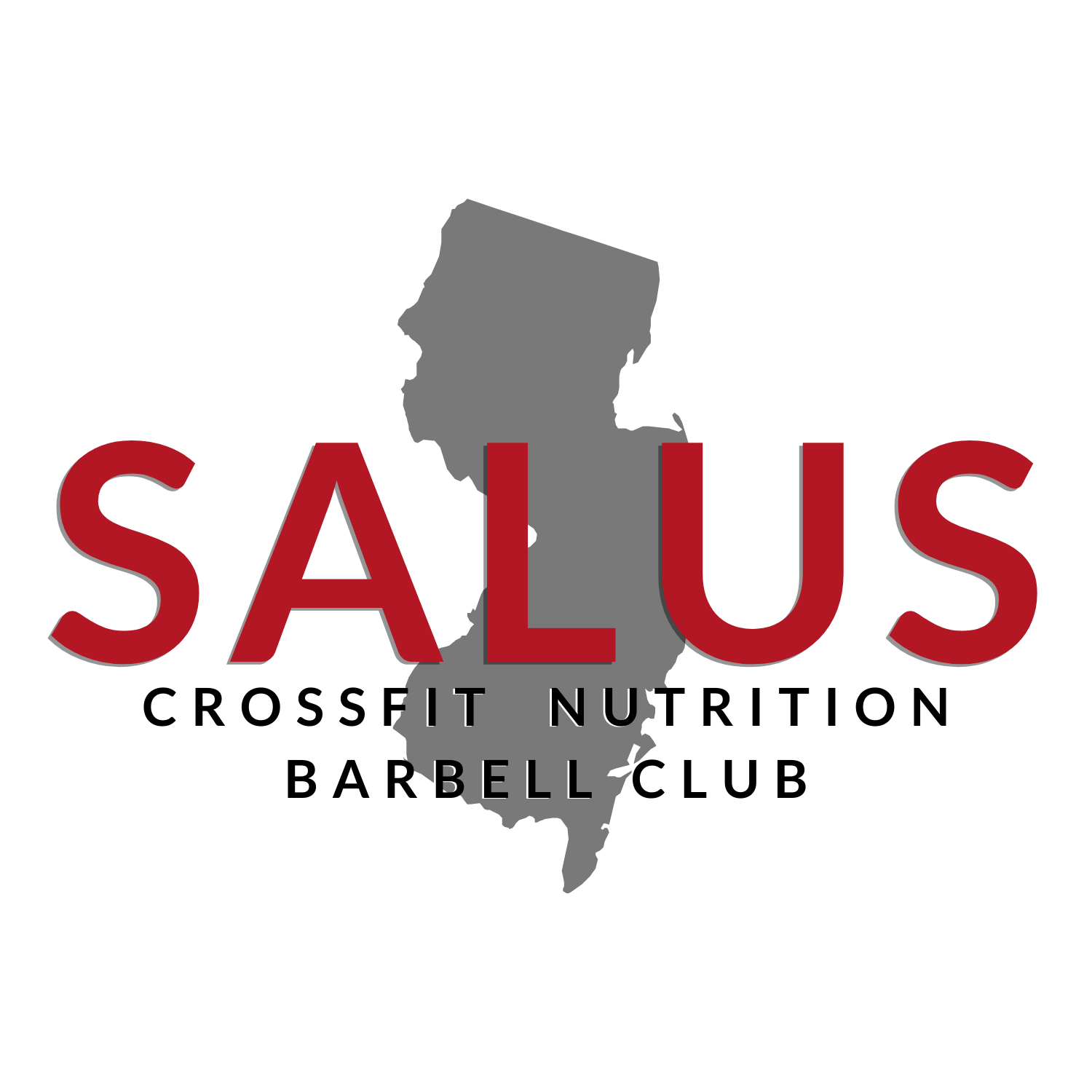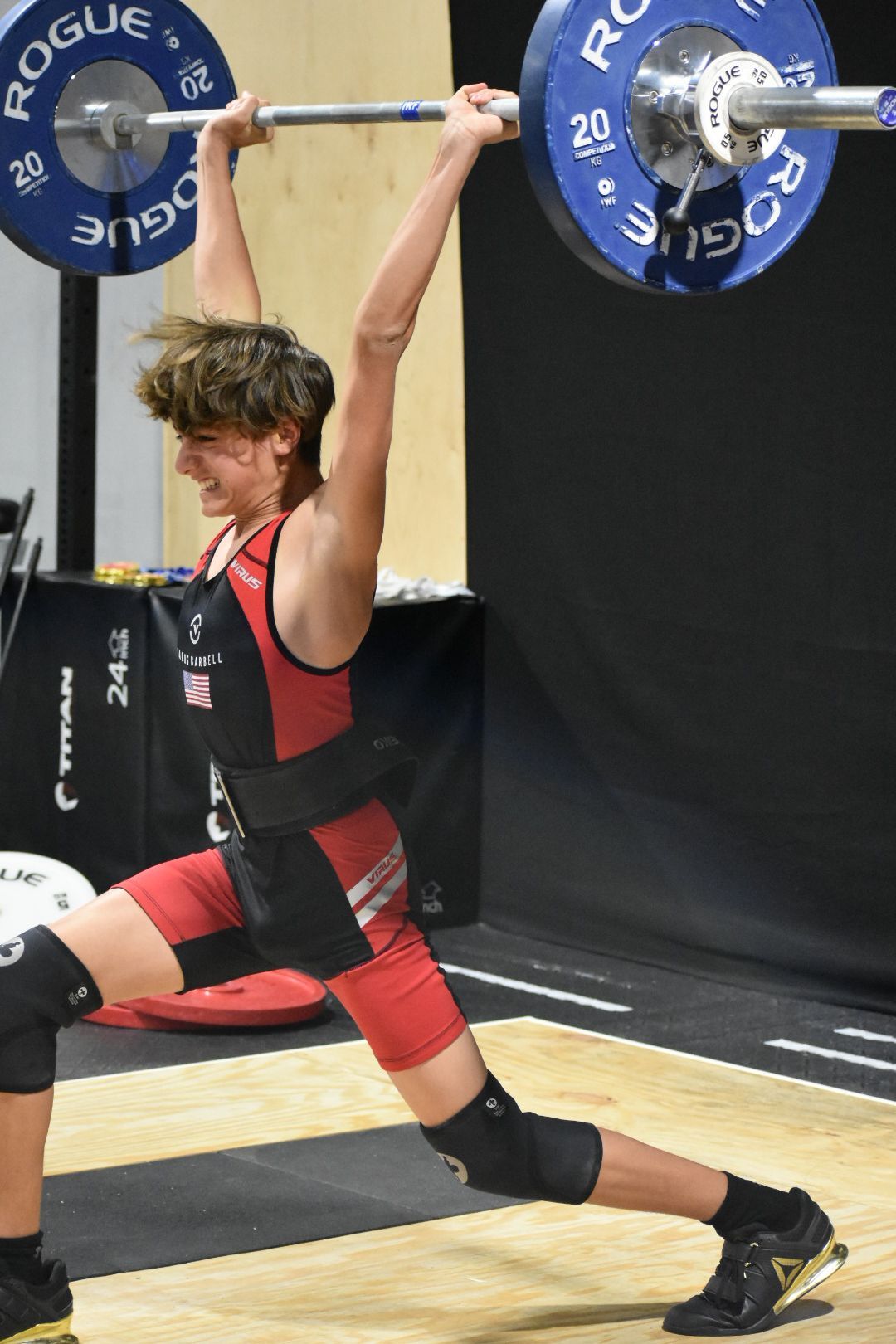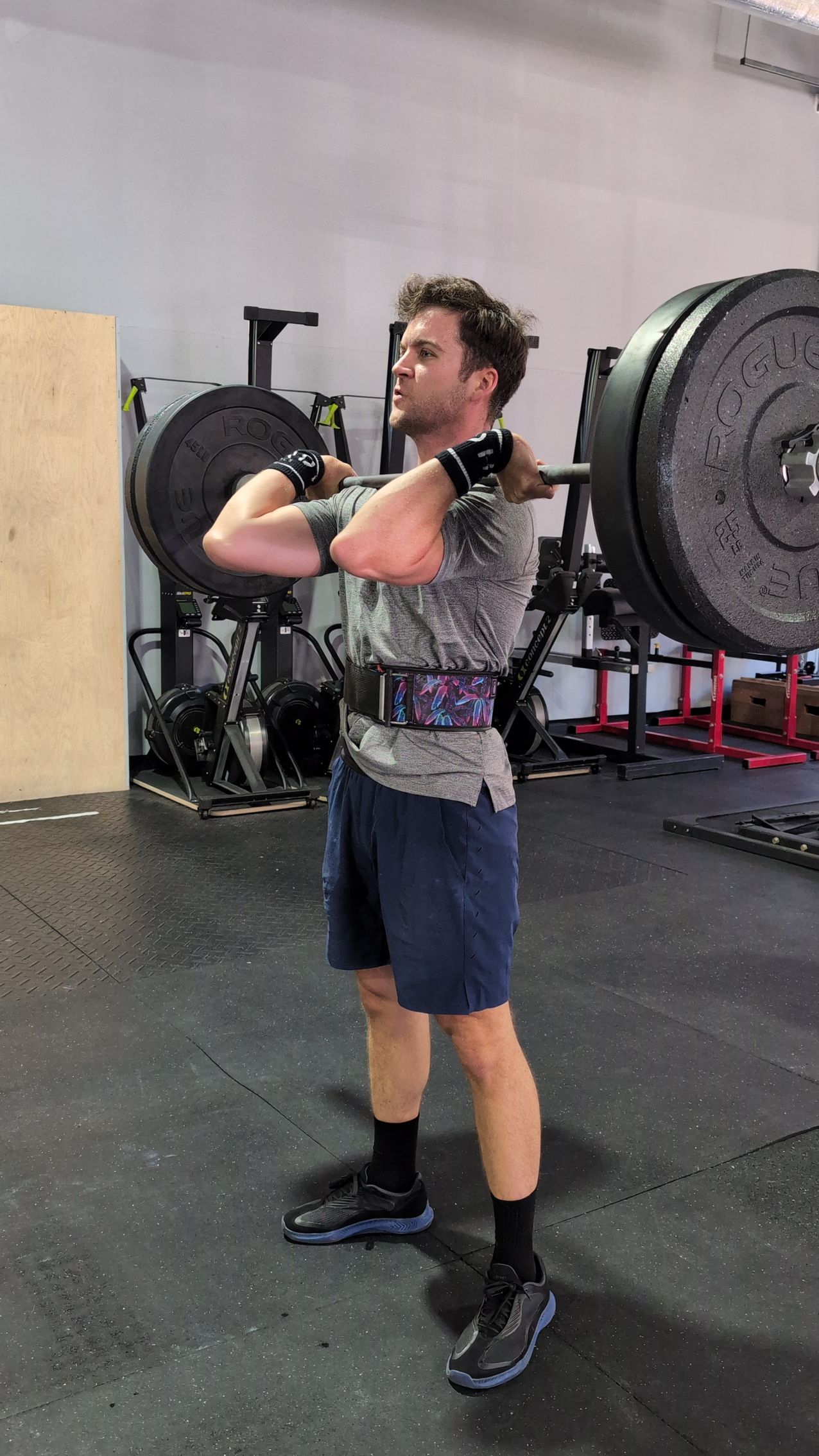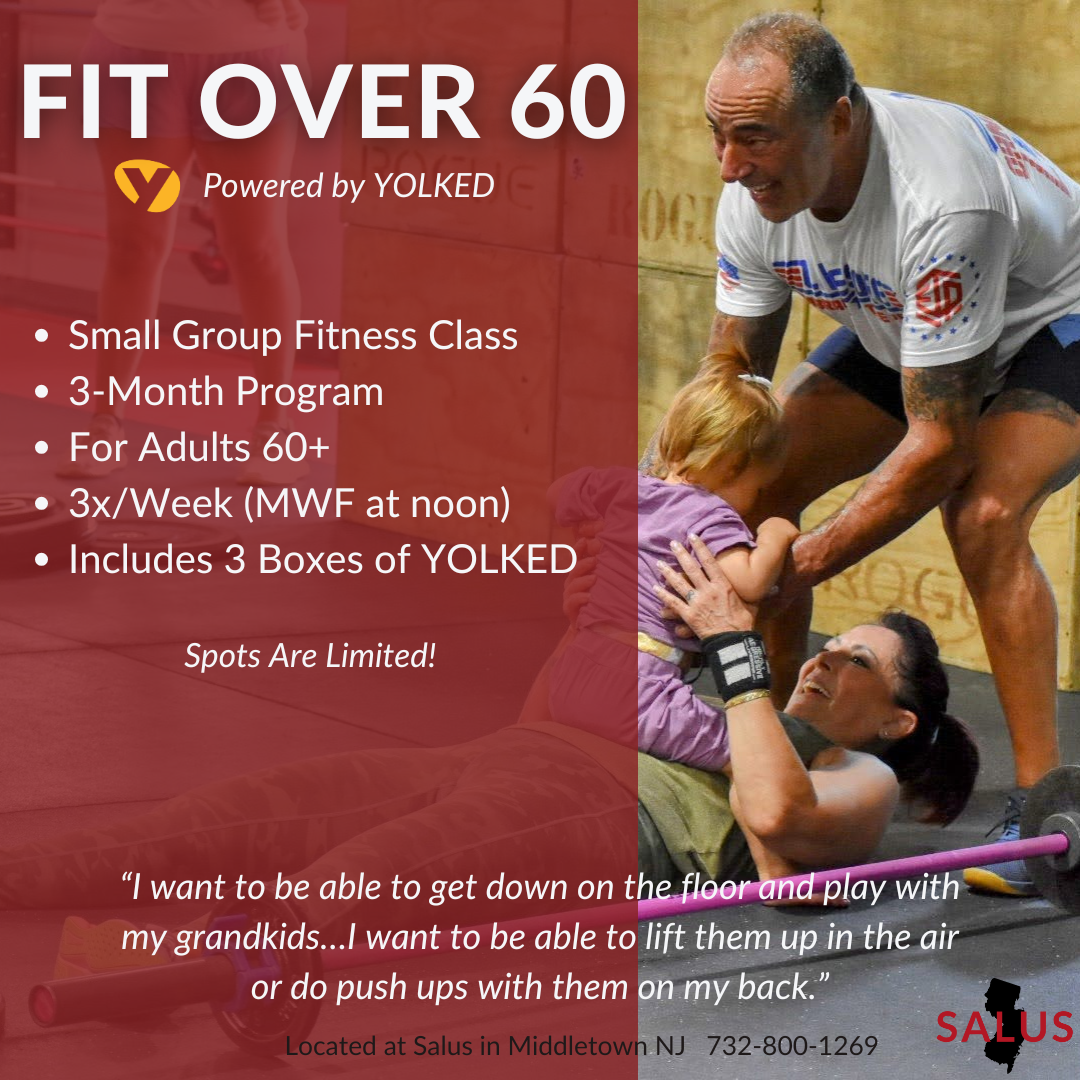Beyond the Scale: 5 Health Metrics That Are More Important to Measure
For some strange reason American’s have chosen the scale as their favorite thing to track when it comes to determining progress around their health and fitness goals. Too many of us derive our sense of self-worth based on the number facing up at us from between our feet in the morning. But, there are many other (better) health metrics to measure that go beyond the scale.
If you’re someone who draws any sort of emotional reaction ( positive or negative) from the scale then you may want to self reflect and consider if there are better options out there.
The funny part is that weight is such an inconsequential and ambiguous predictor of substance. Just consider this scenario. Say you have three avocados: one freshly picked that’s green and hard as a rock, one that’s brown and way too soft, and one that’s firm, just the right amount of ripe and tender. Which one are you going to slice open to make guacamole with?
It doesn’t matter if they all weigh 170 grams on the food scale, right?
It matters what’s going on underneath that skin.
Same goes for you. What you are made of, how you feel, and what you are able to produce are all factors of way greater significance than your scale weight.
For both men and women, scale weight will constantly fluctuate based on hydration levels, muscle mass, stress and so much more. You may be well hydrated one day and performing well then get totally thrown off because your weight went up a pound or two. This number doesn’t say who you are as a person or how healthy and fit you may be. It’s just an arbitrary number.
There may be times that you lose a lot of weight, but you’re less healthy. And the opposite can be true, too. There may be times that you gain weight, but that weight is muscle and you’re becoming healthier. EVERYONE IS DIFFERENT.
Stop letting the pounds run your life and change the way you feel about yourself. Instead try one of these alternative ways that measure success off the scale!
Measuring Success Beyond the Scale
1. Body Fat Percentage
Body fat percentage is an alternative way to track your progress and provides much more actionable information than just your weight in pounds. This takes into account your lean muscle mass. In this way you can actually gain weight in muscle which would consequently reduce your percentage of body fat. This is a clear example of how gaining weight would make you healthier.
Plus as you add more muscle to your frame you will burn more calories at rest. #fatburningmachine
2. Measurements
Taking specific measurements is a great way to achieve the goals around the way you want to look. Measuring neck, arm, waist, hips, thigh, and calf circumference can help you transform your body without ever worrying about the scale. Another way to measure this is by how your clothes fit. Losing two inches off your waist will make you look and feel like a whole new person!
3. Habits
One of the best replacements for weighing yourself is to instead track daily health habits. If you track metrics like sleep, hydration, servings of veggies, meditation minutes, and other relevant habits you can focus on the right behaviors to make you look and feel great in the long run.
This takes discipline but it is essential to long lasting transformation.
4. Performance Metrics
Switching your focus to the weight on the bar is a great alternative to the scale. People will often train harder and longer in pursuit of strength and performance goals than solely for aesthetic purposes. If you push yourself more in training the results will speak for themselves!
5. Steps
Are you someone who’s glued to their desk all day long for work? Netting 8-10k steps can seem like a lot, but it’s not as hard as you think and can be a great metric to track.
Why 8-10k steps?
While it’s great to spend 30-60 minutes in the gym, it’s arguably more important how we spend the OTHER 23 hours of the day, especially if we’re chasing goals like better physique, more energy, decreased stress, and improved health. The answer isn’t necessarily to work out more, but rather MOVE more in ways that aren’t super strenuous on the body – like walking!
Some studies say that the average person nets 4,000-5,000 steps. But research tells us that the sweet spot for health purposes may actually fall around 7,500.
So where does the 10,000 steps idea come from? It’s simply just a little “rounded-up” insurance policy that we’re living an active and healthy life.
For clients, our suggestion is to aim for between 8-10k. Find sneaky ways to add more steps in (see below) instead of obsessing over our step tracker and pacing around the house in effort to “get those steps in.”
Here are some easy ways to get more steps even if you’re stuck at home or working a desk job:
- Start and end your day with a 15-20 minute walk.
- Go on a “walk and talk” with your partner or while you’re talking to a loved one on the phone.
- If possible, go for a walk while on work calls, rather than sitting at your desk.
- Eat lunch and then go for a walk and get some sunshine during your lunch break.
- Take the stairs rather than the elevator.
- Park farther away at every store you go to.
- Take the long route when cruising to the bathroom, printer, or to chat with your boss.
- Have a timer on your phone or laptop that goes off every hour to remind you to stand up, stretch, and take a quick lap around the home or office.
- Consider reaching out to your team/co-workers to start an office-wide step challenge.
- Rather than driving, is it possible to walk or ride a bike to work?
- If out running errands, can you take the 15-20 minute walk vs the 7-8 minute drive?
- When you leave the office and go to the gym, go for a 400m walk before and after the workout.
- Rather than sitting to rest between lifts when working out, keep moving and walk around the gym before the next lift.
- If you wanted an excuse to get a puppy… dogs make a great and easy reason to get more steps, too!
Also note that while walking may not seem super strenuous, you will indeed burn more calories.
The post Beyond the Scale: 5 Health Metrics That Are More Important to Measure appeared first on Salus.





